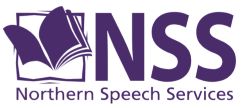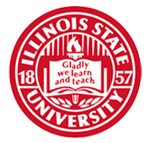Abstract
Approximately 7.7% of the membership of the American Speech-Language-Hearing Association identifies itself as being a minority in contrast with 23% of the United States population (ASHA, 2016; U.S. Census Bureau, 2014). In order to address this gap, undergraduate and graduate preparation programs need to be able to effectively attract, retain, and graduate clinicians that represent greater diversity. The academic resilience framework suggests that by learning about how students who are at-risk for failure were able to succeed, we can learn about how to improve the outcome for similar students. In this qualitative study, 11 African American speech-language pathologists were interviewed to identify barriers and keys to their academic success on route to becoming speech-language pathologists. Experiencing microaggressions during their educations, including being isolated and stereotyped, were commonly described barriers that needed to be managed. Participants identified caring mentors, a strong sense of determination, and the development of communities outside of their academic programs as keys to their academic success.
Recommended Citation
Ginsberg, S. M. (2018). Stories of Success: African American Speech-Language Pathologists’ Academic Resilience. Teaching and Learning in Communication Sciences & Disorders, 2(3).





